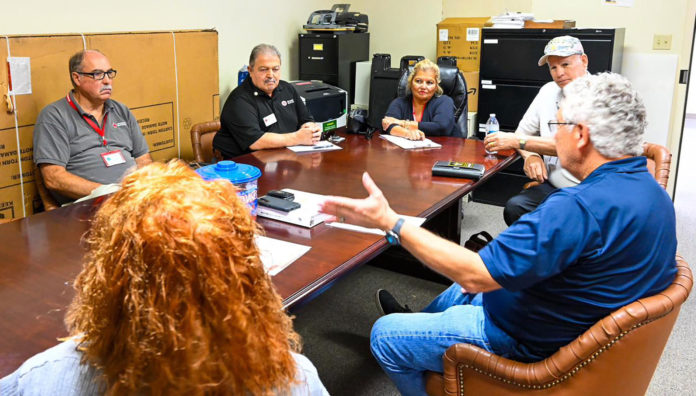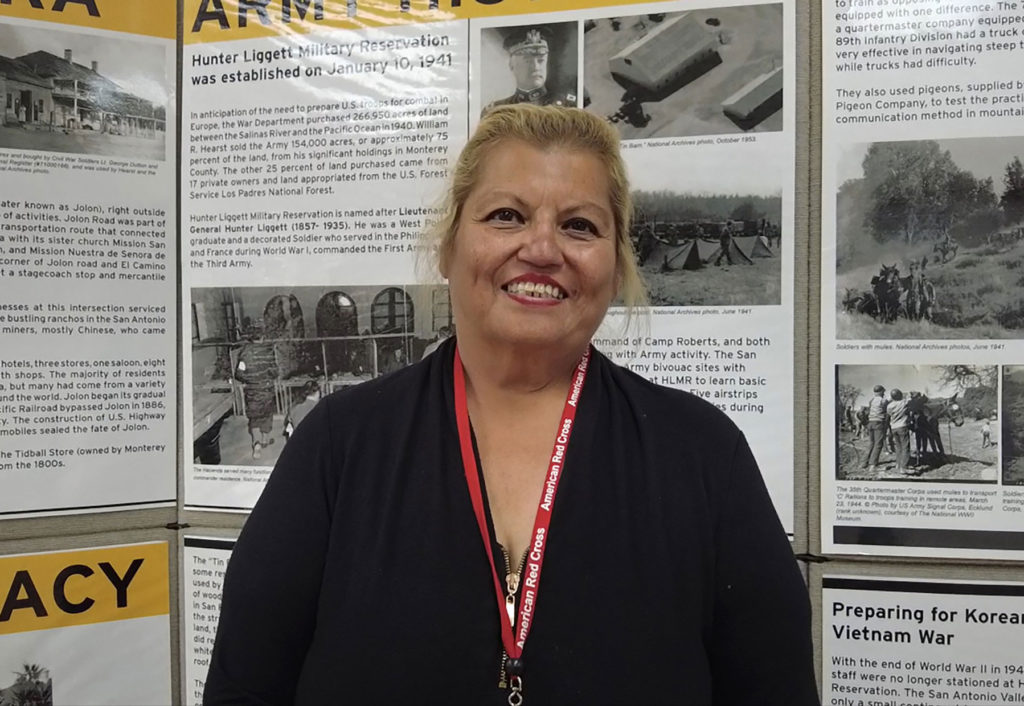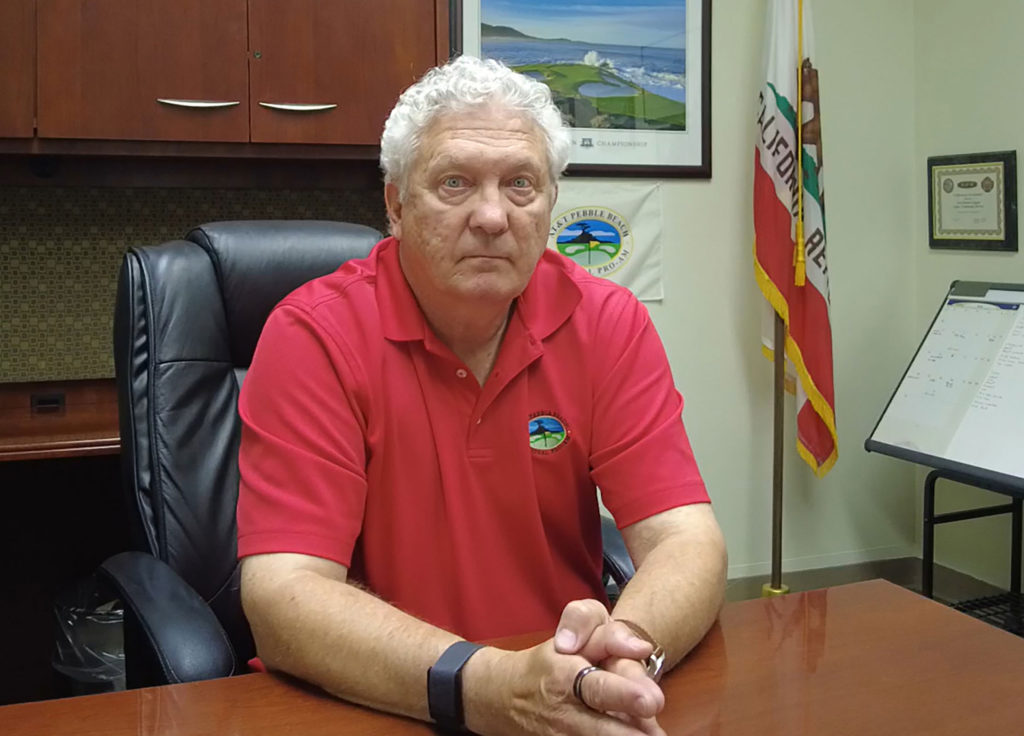
JOLON — At Fort Hunter Liggett, Army Community Service (ACS) and the American Red Cross collaborate to support military personnel and their families, providing essential resources during times of need. This partnership highlights both organizations’ dedication to resilience and readiness, offering a robust network of support for service members, veterans and their loved ones.
The American Red Cross has a long-standing history of supporting the nation’s military, delivering services from emergency communications to financial assistance.
Patsy Gasca, Community Disaster Program Manager for the American Red Cross Northern California Coastal Region, recently visited Fort Hunter Liggett to discuss disaster preparedness and response.
“Our work with the American Red Cross and our partnership with our military partners is a service that’s available to any base, any service member, 365 days a year, 24 hours a day,” Gasca stated. “It’s providing emergency communication, grounding any emergency situation, and making sure that we get it to their command as quickly as possible to facilitate the movement of that personnel to be by their loved one’s side in an emergency.”

In addition to supporting active-duty military personnel, the Red Cross also assists veterans and leads disaster relief efforts.
“Aside from our service to our armed forces, we provide not only to our active duty, but also our veterans. The American Red Cross is one of the biggest services in disaster relief,” Gasca explained.
This partnership with ACS strengthens Fort Hunter Liggett’s response capabilities, ensuring that both personnel and civilian team members are prepared for Fort Hunter Liggett’s “Full Scale Exercises” that simulate crisis scenarios and help prepare DOD Civilians and staff for real-world catastrophes.
ACS Director Les Toth highlighted the role of Army Community Service in supporting soldiers, Department of the Army civilians and their families, noting that “ACS and the Red Cross work hand-in-hand to support military families.”

ACS offers financial readiness workshops, family advocacy programs and relocation assistance to help families transition smoothly during permanent changes of station.
“Together, we create a comprehensive support network by addressing both immediate needs through the Red Cross and long-term assistance through ACS programs,” Toth added. This combination of short- and long-term resources offers military families stability and resilience.
This partnership between the American Red Cross and ACS demonstrates the strength of Fort Hunter Liggett’s community, ensuring that military families have continuous support for both anticipated and unexpected needs.
For more information about the types of services ACS offers, visit armymwr.com/programs-and-services/personal-assistance. To learn about the American Red Cross and its military support services, visit redcross.org.














